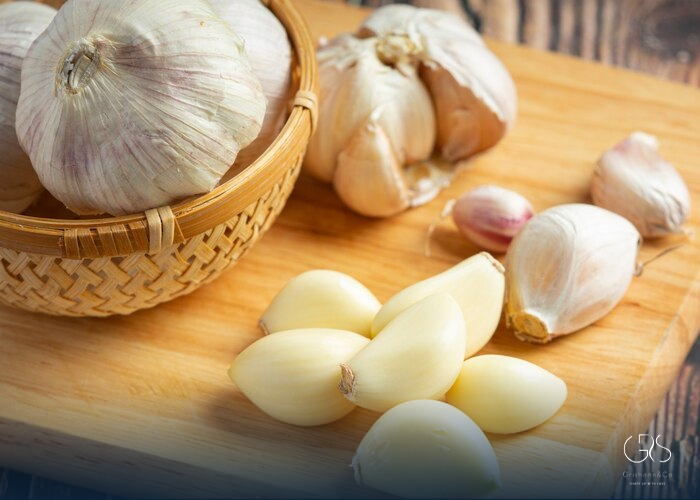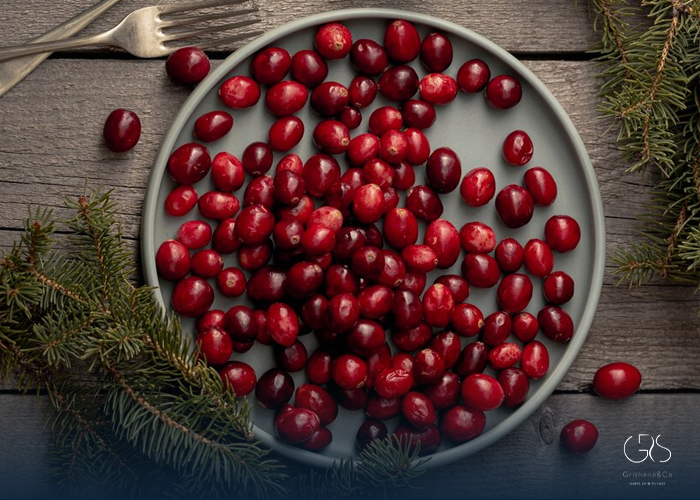The vagina is a remarkable part of the female body, with its own specialized ecosystem of bacteria and delicate balance of pH levels. Maintaining vaginal health is essential for overall well-being, and one way to support this is through a healthy diet. Research suggests that specific foods can promote vaginal health by supporting the growth of beneficial bacteria, reducing inflammation, and maintaining optimal pH levels. In this article, we will explore the best foods for vaginal health and their potential benefits, while considering diverse perspectives and nutritional recommendations.
Yogurt and Probiotic Foods
Probiotics are beneficial bacteria that can help maintain a healthy balance of microorganisms in the vaginal and gut microbiome. Yogurt, in particular, is rich in probiotics such as lactobacillus, which can help prevent and treat vaginal infections like bacterial vaginosis and yeast infections. Incorporating probiotic-rich foods like yogurt, kefir, and fermented vegetables into your diet can help support the growth of beneficial bacteria in the vagina, promoting overall vaginal health.
Leafy Green Vegetables
Leafy greens like spinach, kale, and broccoli are rich in folate, a B vitamin that plays a crucial role in DNA synthesis and repair. Adequate folate intake is important for overall cellular health and has been associated with a reduced risk of cervical dysplasia, a precursor to cervical cancer. Additionally, the anti-inflammatory properties of these vegetables can help reduce the risk of vaginal infections and support overall vaginal wellness.
(Read more about the benefits of spinach in our article.)
Garlic
Garlic has long been celebrated for its antimicrobial and antifungal properties. Allicin, a compound found in garlic, has been shown to inhibit the growth of Candida albicans, the fungus responsible for most yeast infections. While there is limited direct evidence on the impact of garlic on vaginal health, its potential antibacterial and antifungal properties make it a compelling addition to a vaginal health-focused diet.
(Read more about the benefits of garlic)

Healthy Fats: Omega-3s
Incorporating omega-3 fatty acids into the diet, typically found in fatty fish, flaxseeds, and chia seeds, can help reduce inflammation in the body. Chronic inflammation can negatively impact the vaginal ecosystem, potentially leading to an increased risk of infections and discomfort. By consuming omega-3 rich foods, individuals may help support a healthy balance of inflammatory response in the body, which can also positively influence vaginal health.
Cranberries
Cranberries and 100% cranberry juice have been studied for their potential role in reducing the frequency of urinary tract infections (UTIs) due to their ability to prevent bacteria from adhering to the bladder and urethra. While evidence specific to vaginal health is limited, the potential preventive benefits of cranberries in reducing the risk of UTIs may indirectly support overall urogenital health.
(Read more about the benefits of cranberries.)

Whole Grains
Fiber-rich foods like whole grains (whole wheat, oats, quinoa) can promote gut health, which in turn may have indirect benefits for vaginal health. A healthy gut microbiome can positively influence the vaginal microbiome, potentially reducing the risk of infections. Additionally, whole grains can help regulate blood sugar levels, which may be important for preventing yeast infections and maintaining a healthy vaginal environment.
Conclusion
Incorporating a variety of nutrient-dense foods into the diet can help support overall vaginal health by promoting a balanced and diverse microbiome, reducing inflammation, and supporting an optimal vaginal pH. While these foods show promise in supporting vaginal health, it’s important to acknowledge that individual responses and needs may vary. Additionally, consulting a healthcare professional or a registered dietitian for personalized dietary recommendations is essential for overall well-being.
Sources
- National Library of Medicine, Probiotics in vaginal health
- National Library of Medicine, Therapeutic effects of garlic (Allium sativum) on female reproductive system: A systematic review
- American College of Obstetricians and Gynecologists (ACOG), Vulvovaginal Health
- Harvard Health Publishing , Research backs cranberries for preventing urinary tract infections in women










